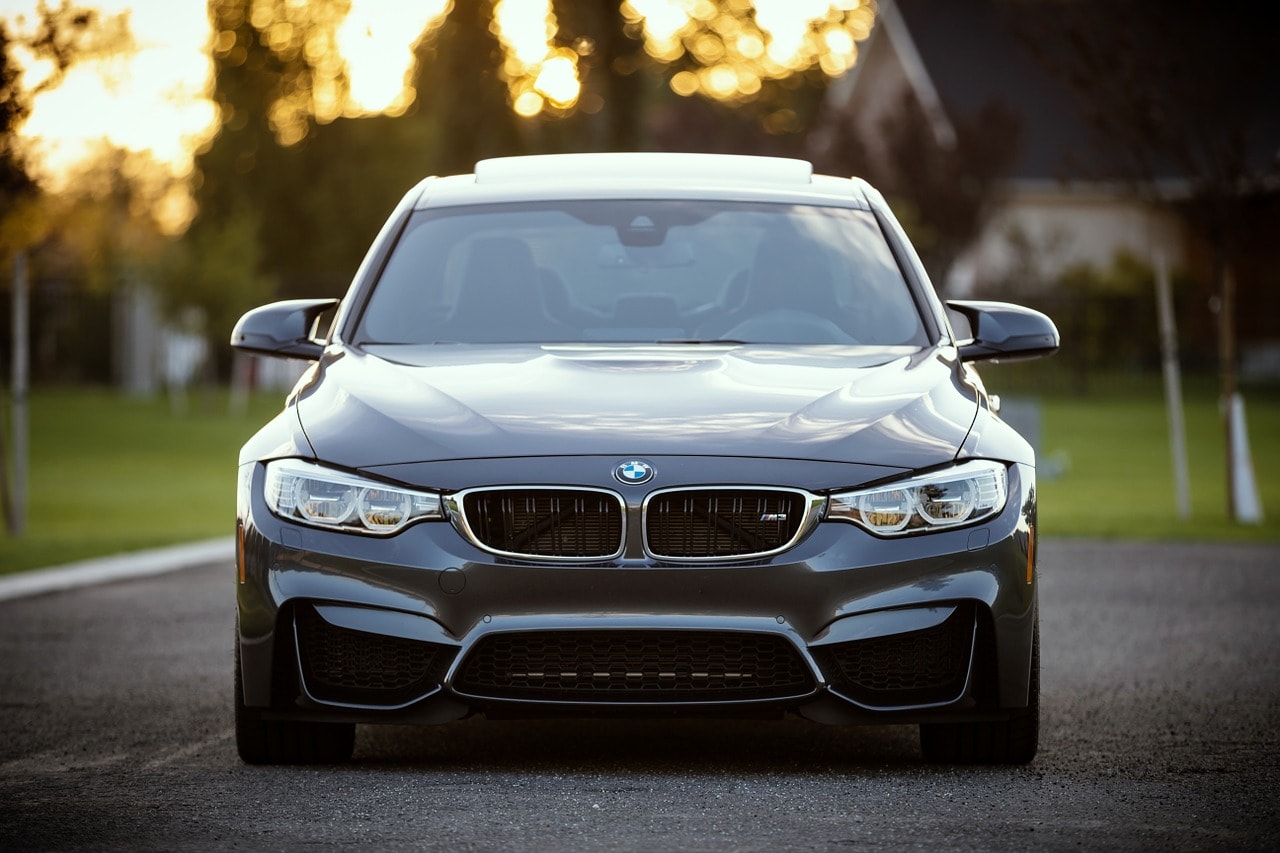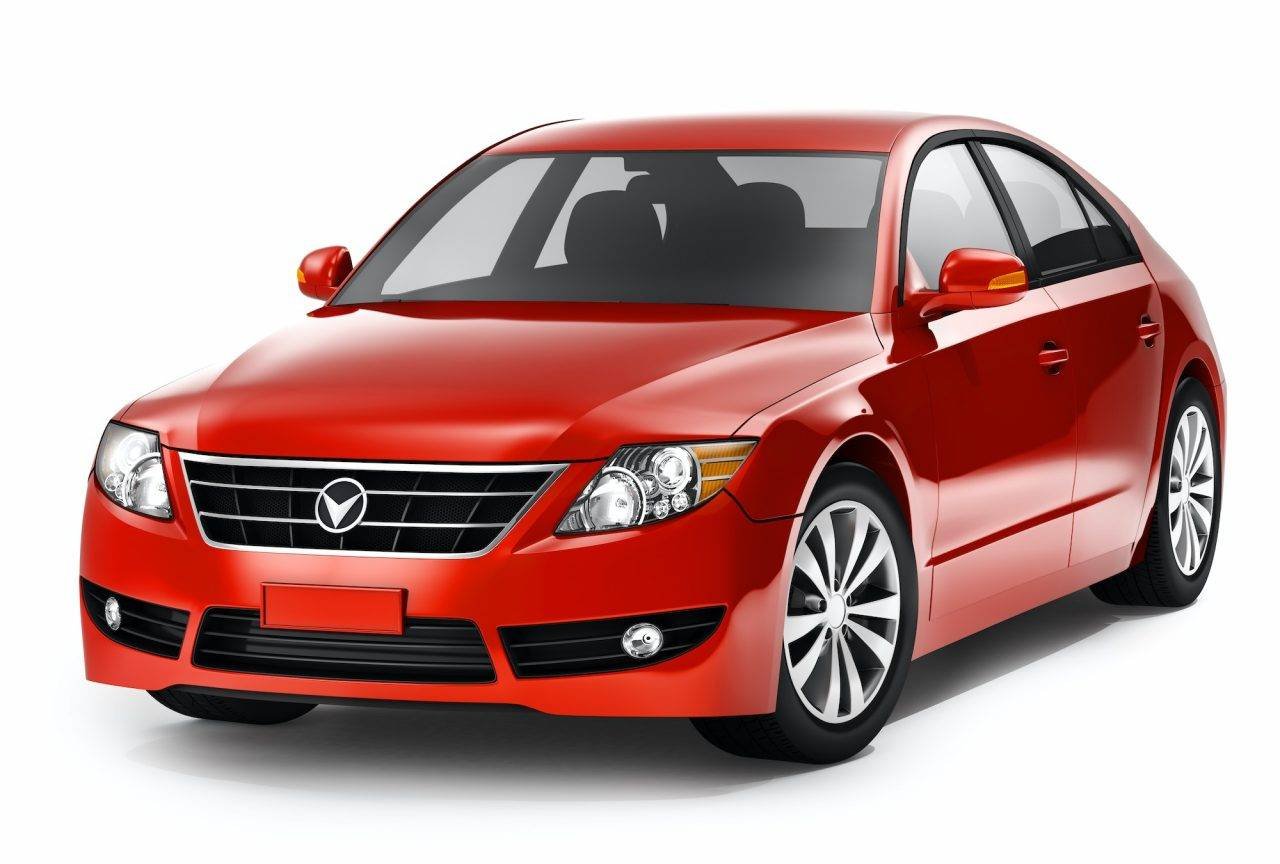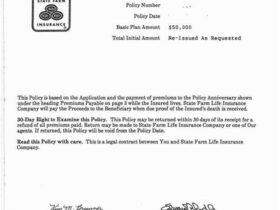Understanding the nuances of car insurance can feel overwhelming. Among the various coverage options, collision and comprehensive insurance often cause confusion. While both offer financial protection for your vehicle, they cover vastly different types of incidents. This article will break down the key differences between collision and comprehensive insurance, helping you make an informed decision about the right coverage for your needs.
Understanding Collision Insurance
Collision insurance covers damages to your vehicle resulting from a collision with another car or object. This includes accidents you cause, regardless of fault. Whether you rear-end another car, hit a stationary object like a lamppost, or your car rolls over in an accident, collision insurance can help pay for the repairs or replacement of your vehicle.
Key Features of Collision Coverage:
- Covers collision-related damages: This includes collisions with other vehicles, objects (like trees or guardrails), and even rollovers.
- Fault doesn’t matter: Collision coverage applies regardless of who is at fault in an accident.
- Deductible applies: You’ll need to pay your deductible before the insurance coverage kicks in. Deductibles typically range from $500 to $1,500.
- Often required for financed/leased vehicles: Lenders typically require collision coverage to protect their investment.
- Excludes non-collision events: Collision insurance does not cover damages from events like hail, theft, or vandalism.
Delving into Comprehensive Insurance

Comprehensive insurance, often referred to as “other than collision” coverage, protects your vehicle from damages caused by events that are not collisions. This includes incidents like theft, vandalism, fire, natural disasters (hail, floods, storms), and even animal strikes. If a tree falls on your car, your car is stolen, or it’s damaged by a hailstorm, comprehensive insurance will help cover the costs.
Key Features of Comprehensive Coverage:
- Covers non-collision events: This includes damage from theft, vandalism, fire, weather-related incidents, and animal strikes.
- Deductible applies: Similar to collision, you’ll pay a deductible before the insurance kicks in. Deductibles usually range from $250 to $1,000.
- Payout limited to actual cash value: The payout will not exceed the actual cash value of your car at the time of the loss.
- Often required for financed/leased vehicles: Just like collision, lenders usually require comprehensive coverage.
- Broad coverage: It protects against a wide array of unpredictable events, offering peace of mind.
Key Differences Between Collision and Comprehensive Insurance

While both collision and comprehensive insurance offer financial protection, their scope of coverage, cost, and claims experience differ significantly.
- Coverage Scope: Collision covers damages resulting from collisions, regardless of fault. Comprehensive covers damages from non-collision events like theft, vandalism, weather, or animal strikes.
- Cost: Generally, collision insurance tends to be more expensive than comprehensive insurance. This is because collisions are more frequent than the events covered by comprehensive. According to the Insurance Information Institute, in 2022, the average annual premium for collision was $377, while for comprehensive, it was $168.
- Claims and Deductibles: Both require a deductible. Filing a collision claim can potentially increase your future premiums, especially if you are at fault. Comprehensive claims usually have a lesser impact unless you have a history of multiple claims.
When to Choose Collision Insurance

Collision insurance is beneficial if your car is essential for daily use, and you couldn’t afford significant repair bills after an accident. It’s often a good choice if:
- You have a newer or high-value vehicle.
- Your car is financed or leased.
- You live in an area with high traffic density and a higher risk of accidents.
- You want peace of mind knowing you’re covered regardless of fault.
However, if you have an older car with low market value, the cost of collision coverage might outweigh its benefits.
When to Choose Comprehensive Insurance

Comprehensive insurance is a smart choice if you want protection from events outside of your control. Consider it if:
- You live in an area prone to natural disasters like hail, floods, or wildfires.
- You park your car outdoors frequently.
- You live in an area with high rates of theft or vandalism.
- Your car is financed or leased.
- You want protection from animal strikes, especially in rural areas.
Like collision coverage, the value of comprehensive insurance decreases as your car’s value declines. It’s important to weigh the cost against the potential benefits.
Making the Right Choice
Choosing between collision and comprehensive insurance involves carefully evaluating your individual needs and circumstances. Consider your car’s value, your location, the risks you face, and your budget. If you have a newer or financed vehicle, both coverages are generally recommended. For older vehicles, assess the cost-effectiveness of each policy and decide which risks you’re most concerned about mitigating. Talking to an insurance agent can also provide valuable insights and help you tailor a policy that fits your specific needs.





Leave a Reply